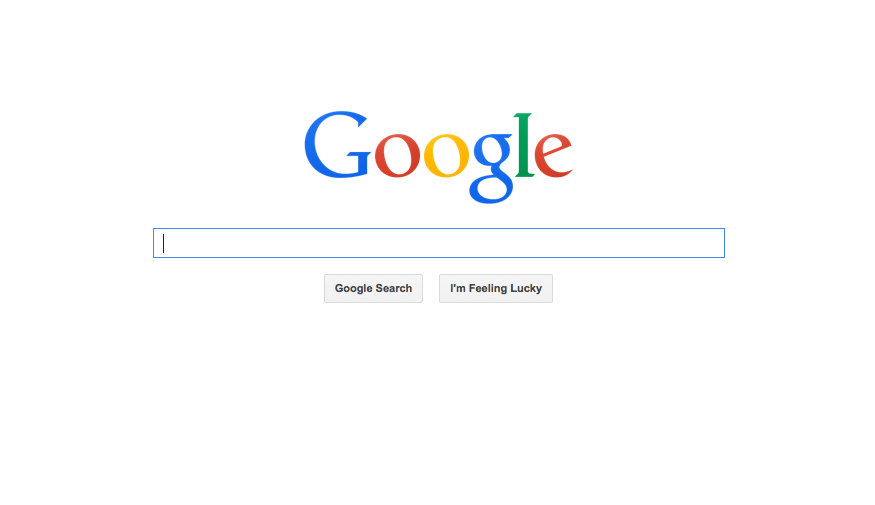Michael Frederick Geisser
At the highest point, you let go of the rusty chains and jump off the swing, yelling “Bombs over Tokyooooooo!” and begin your flight. For that fleeting time in the air you are the bomb.
Your father sent you out to play. If he needs you, his booming voice will reach you here at the playground.
Like most young boys, you don’t know what or where Tokyo is. To you it is just where the enemies live, the ‘crazies’ that your father fought in the war.
You draw the words out to fill the time from the bomb’s release to impact. The “Tokyooooooo!” part makes you feel strong when it echoes off the brick wall of the building next to the swing set.
Your bombs are powerful.
You learn about bombs while watching them exploding silently in the black-and- white documentary newsreel you see with your mother at the local movie theater. She says your father wants you to see it so you will know about war. You sink into the cushy seat at the theater, spellbound, as the bombs send dirt, branches, and fragments of the city silently into the air. You think that some flying pieces are shaped like arms and legs, and some of the fleeting clouds of dirt look like faces. From seeing the fireworks on the Fourth of July, you know bombs hurt your ears when they explode. When you get home, you ask your father, “Did you kill anyone in the war, Dad?” The dark creases on his face tighten and he looks at your mother as if she knows, then he tussles your hair. No one answers, and you go into the den to watch TV.
You hear your mother whisper to your aunt on the phone one night that your father helped liberate a camp in Burma, where he wished he could fly over the bodies he had to step on to rescue the almost dead. When your best friend’s dad asks your father about the camp, your father’s voice goes softer and he shuffles his work boots on the grass. He glances at you and says to the man “Another time.” You look up at your father and ask him what the man is talking about. Your father doesn’t answer, takes you by the hand and leads you back to the house, where he says, “Wait here. I’ll be right back,” and descends into the basement. You call out for your mother but she is not home—the house seems hollow and cold without them near.
You tiptoe as quietly as you can and find your father sitting on a trunk—the worn and damaged one he brought back from the war—staring at an open closet. His Army uniform hangs spotless and crisp in a bag in front of him. It is covered with medals and patches. He startles when you speak. You ask him to put it on so you can see what he looks like, hoping to hear him describe the heroic deeds that led to each colorful patch and dangling medal. He wipes his wavy black hair back with his hand, away from his Army-issue, clear-rimmed eyeglasses, and says, “Maybe when you’re older. Now, go outside and play.”
You think about asking your father to come to the playground with you. Maybe if he could bomb Tokyo, he would destroy what is giving him nightmares. He screams terribly from their bedroom some nights, and you hear your mother trying to soothe him.
You wonder if she rubs his head like she does to you when you skin a knee or squash your hand in a door. You don’t ask.
You hit the dirt at the playground, your voice explodes and the enemy is conquered. From the force of the blast, you tumble onto the crabgrass. But you are unhurt, as always, ready for another bombing run. You dust off your flannel-lined blue jeans, the ones your mother bought three sizes too big so you could wear them for more than a year. Your mom doesn’t mind scouring playground dirt, but when she sees a permanent stain her face gets an angry look and she talks under her breath. You think she thinks of stains as a sign of sin or something else bad.
In the middle of a bombing run, you hear your mother calling you to come home for lunch. You scream “Coming!” and begin to run toward your big white house, across a field and over a brook, through neighbors’ yards, dodging bombs and bullets, your arms outstretched. You glide into your home airfield—the kitchen—letting the screen door slam behind you. You stand on the sturdy pine stepstool your father made for you and scrub off the dirt of your war missions at the kitchen sink.
War is hard work.
You climb into your usual chair, the one across from your parents, and bow your head for grace, wanting it over quickly so you can eat. As your father recites the prayer, you peek at his hands and admire how strong they look with their waxy callouses and jagged scars. You wonder what they did to the enemy. Your father catches you looking at him and you offer him a guilty smile. Pointing his knife at you, he growls, “What are you looking at?”
You don’t answer. You are flying through the air back at the playground.
Michael Frederick Geisser lives in Touisset, Rhode Island, with his wife and dog, Kosmo.


